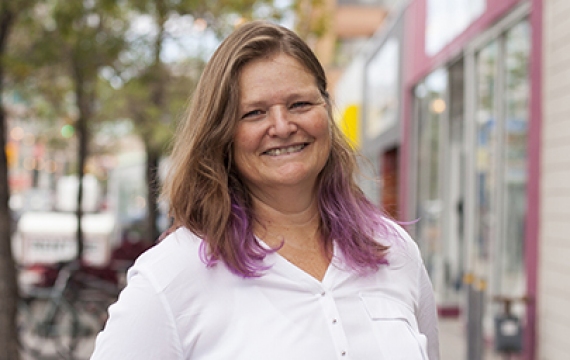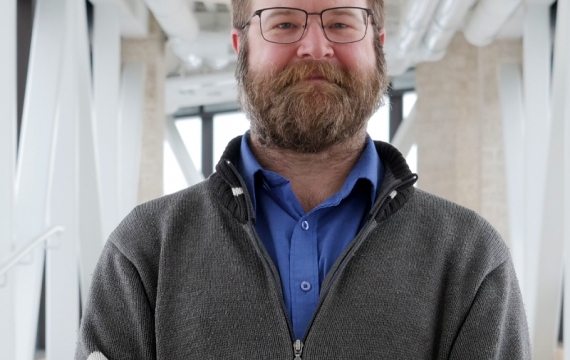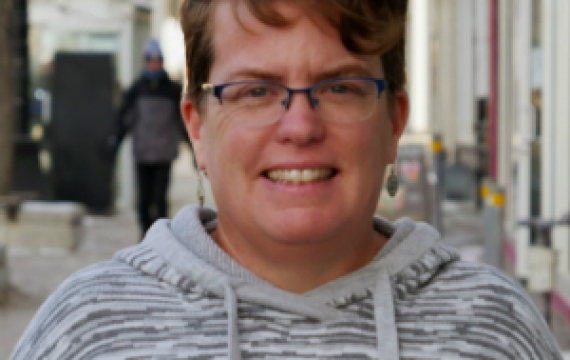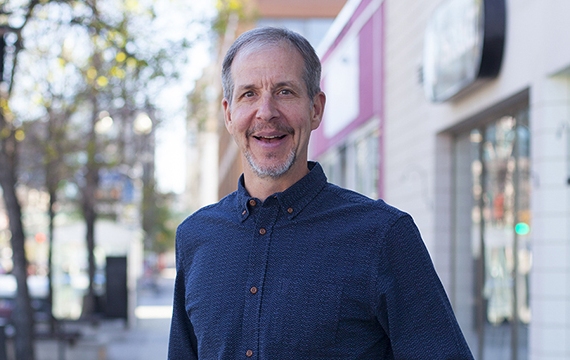
MSC alumna receives Rotary Peace Fellowship
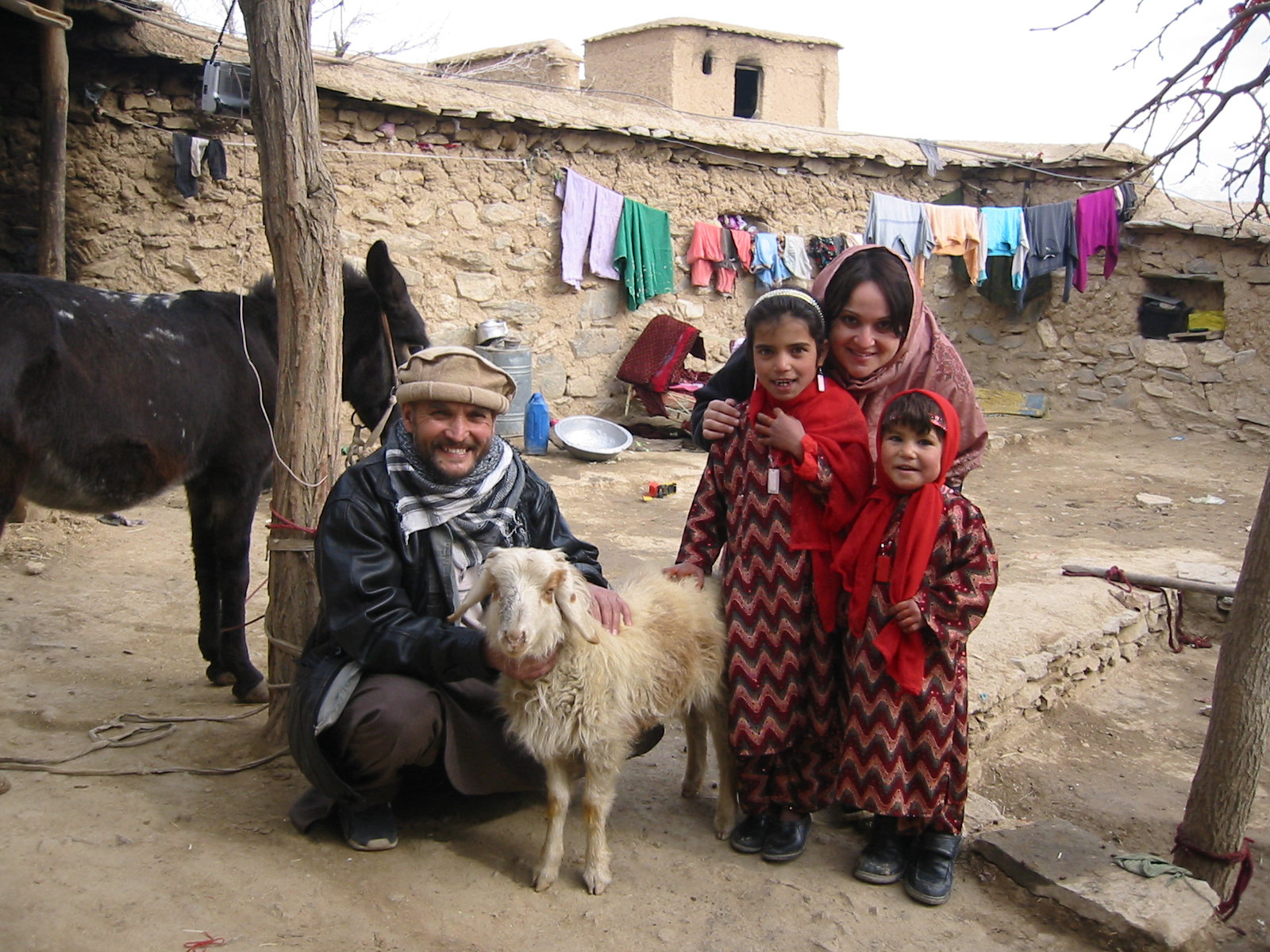
MSC alumna Nadia Mahmood (MSC '03, IDS 3–year) has been awarded a fully funded Rotary Peace Fellowship to pursue a Master of International Relations–Peace and Conflict Resolution at the University of Queensland, Australia.
The internationally competitive fellowship is awarded annually to individuals who are committed to the advancement of peace. Aimed at potential world and community leaders, the master’s degree at the University of Queensland is designed to equip students to have a practical effect on addressing international and regional conflicts.
“This is a great opportunity—a chance to process and bridge academia and best practices with the ground reality,” says Mahmood, who is very grateful to the Charleswood Rotary Club for supporting her Fellowship application.
The program is designed for those who have experience working in the field of development, which Mahmood has done in Afghanistan, the Democratic Republic of Congo, India, Nepal, and Pakistan. She’s worked and volunteered with educational, medical, and disaster response organizations.
Mahmood’s interest in peace and conflict resolution stems from a desire to learn about transformative and sustainable peace as a means of addressing the situations she witnessed during her international work.
“Doing development and aid work, I felt like I was always addressing symptoms,” she says. “I’d like to move closer towards addressing the root causes—in all the places I’ve been working, the root has been conflict.”
Mahmood says one of the causes of conflict begins with what she calls the ‘othering’ of people–viewing others as less than human—followed by oppression, exploitation, and injustice. She also identifies unprocessed trauma at the individual, community, national, and global level, as another contributor to conflict.
She says that the master’s program will teach her “effective and transformative theories and practices” that she can apply to situations of conflict.
After working in the field for seven years, Mahmood says she needed some time to rebuild. For the past five years, she’s been working in Diversity and Intercultural Services at Red River College, the last several years as manager. While back in Winnipeg, she’s volunteered with various advocacy and development organizations.
Though Mahmood has witnessed firsthand some of the complications and downsides that can be a part of aid work and development work, she still feels it’s important to be engaged.
“We need people who have a critical eye, who are not happy with the way things are,” she says. “It’s important that they get involved because they’re the ones that can be transformative in that process.”
She encourages aid workers to “constantly refresh and be very conscious of how the work is being done.” Mahmood says it’s possible to become disconnected with the overarching values of development when working in the field. Taking time away from fieldwork and engaging in critical discussions with others is one way to reconnect with those values, she says.
Mahmood was introduced to the values of social justice at a young age. Raised by her Pakistani father and British mother, Mahmood says issues of identity, culture, and different ways of being were central to everyday life. She credits her upbringing, as well as her MSC practicum experience in Pakistan, with setting the stage for her “passionate interest in international work.”
In the past, two other MSC alumni, Abdi Ahmed and Noelle DePape, have been recipients of the Rotary Peace Fellowship.
Mahmood will begin her master’s studies in early 2015.
Ellen Paulley is the Writer and Social Media Coordinator for Menno Simons College
